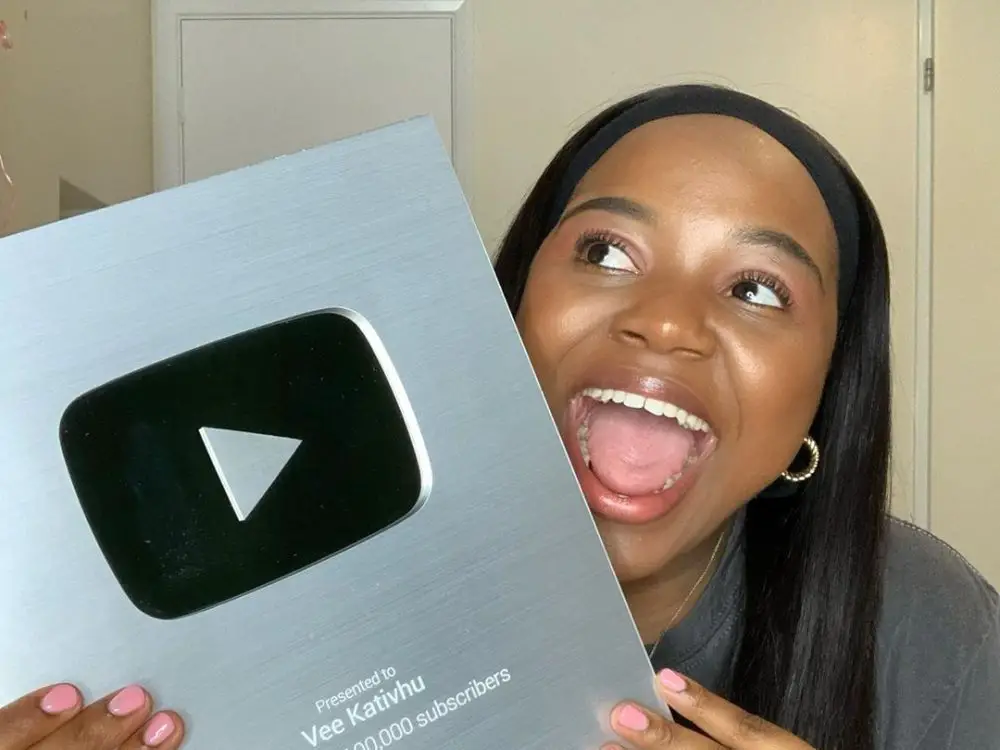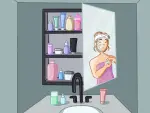Last year I discovered StudyTube through YouTuber Vee Kativhu’s video titled “writing 2,500 words in 4 HOURS! – Oxford uni stress.” The promised content — watching a fellow student cram an essay in too little time — captivated me, and today Vee’s essay crisis has over 700,000 views.
The video showcased an experience that felt all too familiar to me as a second-year college student in a liberal arts program. Writing 2,500 words — several pages — in just four hours was an intensely stressful experience I never expected to see packaged into an 11-minute YouTube video. More than nine months later, I’m still following Vee’s journey at her prestigious British university, appreciative of the authenticity she brings to YouTube’s hyper-studious subculture.
StudyTube is its own saturated niche of the video-sharing platform. Content from StudyTubers includes two- and three-hour-long, real-time “study with me” videos; viral organization videos that advise viewers on school supplies and semester planning; and instructional videos on taking the best lecture notes. Many videos have views that surpass 1 million. I watched a few to understand what made homework and school so clickable.
The first quality that stuck out to me about the study content was the pristine aesthetics. In a notetaking video guiding students on how to take the best math notes, the voice behind a study channel called “Revisign” introduces her audience to her inventory of multicolored pens and highlighters. The color range is a wide variation of pastels.
In the voiceover, Revisign gushes over her “brush” and “chisel tip” Mildliner highlighters, and even I, a senior English major who keeps school supplies purchases to a stark minimum, am nearly seduced by how pretty the pens promise to make my hypothetical math notes. Class participation includes balancing many things at once, such as listening and reasoning alongside writing. However, the super close-ups of Revisign’s notebook isolate the sensation of felt-tip-pen-to-paper in a way that’s dreamy.
After a sponsored clip about the merits of a graphing calculator from Texas Instruments, Revisign shuffles through her impeccably drawn math notes before setting up an example page for her subscribers. She glides a thick black pen across the top of a sheet of dotted paper in a beautiful cursive script. Under it, she lists the symbols with which she organizes her notes: a circle bullet for information, a dash for details and a star for test material. By the end of the video, the page is covered in near-perfect straight-edged boxes, multicolored script and vibrant graphs that make math look like art. Overall, her videos beautify the process of studying so much that one forgets that it’s often hard, exhausting work.
As aesthetically pleasing as the notes are, it is clear from the comment section of Revisign’s videos that Instagram-worthy notes are not realistic for the everyday student. In one form or another, the refrain in her videos’ comment sections is some variation of “can’t relate.” With 450,000 subscribers, it’s clear that Revisign’s videos are still appreciated, likely for the enchanting yet unattainable academic idealism represented in her flawless trig notes. Like other StudyTube channels, Revisign’s content may strike a chord with viewers because it manages to so tantalizingly fetishize productivity.
The visuals of note-taking and organization videos certainly contribute to what one op-ed argues is at the core of this corner of YouTube, whether its creators understand it that way or not: “The success of the StudyTuber” it’s written, “lies, above all else, in the fetishization of productivity.”
Videos like “how to take aesthetic notes” and “my 6:30 am study routine” are noticeably empty of the pressure, anxiety, failures and struggles with motivation that are part of student life. Study-with-me videos, note-taking tutorials and routine show-and-tells make up a “handful of core StudyTube videos” that are “centered on the efficient organization of one’s time, the accumulation of paraphernalia associated with studying and the quantification of learning.” All of these things turn “inspirational” clips of school prep, school supplies hauls and academic discipline into a commodity.
I was turned off of most StudyTube videos for probably the same reason that most of its young audience tunes in: The videos sell a fantasy of academic and personal fulfillment that boils down to the way you draw your school notes, how early you wake up and how much rigid discipline you can muster to incorporate 15-hour study sessions into your regular routine. Like the perfectionist gleam of a final project, the classic StudyTube video doesn’t reveal that there is any mess behind the production.
Other videos, like “study with me” sessions recorded in real time, seem more realistic based on their live quality. Instead of fancy cuts and artistic zooms, viewers can play a two-hour video of a StudyTuber, such as med student Kharma Medic, studying the gastrointestinal system at their desk. These videos might be a real StudyTube gem as they appear to be less about showing off highly idealistic school experiences and more directly about helping other students achieve by creating a studying community online.
Though there’s no possibility of talking to the StudyTuber through the screen, that’s likely one of the video form’s assets; study sessions with friends in real life can veer into gossip and meme-exchange sessions. Real-time study-with-me’s seem to provide the perfect study buddy, and I’ve made a mental note to try letting one play on my computer the next time I’m prepping for an exam. Glancing up at a stranger hard at work (virtually) alongside you might be the perfect substitute for a library experience as many begin virtual semesters.
Oxford University StudyTuber Vee Kativhu’s “Writing 2,500 Words in 4 Hours” is a video that’s not nearly as neat and shimmering as, for instance, Ruby Granger’s typical “productive day in my life” university content. However, Vee’s crisis is captivatingly authentic and relatable. One blogger’s comments on YouTube’s school-obsessed subculture touches on the emotional impact some StudyTube videos have on everyday students: “It’s like watching a whole different universe through your screen, yet it makes you feel sort of like an idiot.”
Vee has four hours to answer the question “How helpful is Foucault’s work on the history of sexuality for understanding homoeroticism in Classical Greece?” in 2,500 words. She is noticeably frazzled at the start of the video, greeting viewers with an agitated request: “I don’t want any judgment.”
However, rather than viewers casting judgment on Vee, her video, with its frantic-yet-focused energy, frees her audience to be less judgemental of themselves. Vee explains each essay step she embarks on, and viewers see a timelapse clip of her writing an outline. Viewers also learn how Vee takes notes throughout the week to make cramming an essay like this even possible. At intervals, a text box with a word count pops up on the screen. In 19 minutes, Vee has written her introduction of 216 words. By 5 p.m., an hour before the essay’s 6 p.m. deadline, Vee has 2,000 words, meaning there are only 500 to go. Her audience will cheer along with her as she celebrates being nearly there.
By the end of the video (2,719 words completed at 5:45 p.m.), Vee expresses how proud she is of herself. Her success and relief is heartening. Her I-did-it attitude, especially under less than perfect circumstances, is motivating. Pulling through a high-pressure deadline at almost the last minute is a universal student experience, and viewers likely appreciate seeing Vee’s impressive focus at work alongside her acknowledgment of her struggles with procrastination.
Viewers find Vee’s video relatable and motivating, showcasing, as one commenter puts it, “raw university energy.” Though I initially hesitated to watch “writing 2,500 words in 4 hours” because the viewing experience promised to be anxiety-inducing, the short movie was also adrenaline-pumping, informative and had a great pay off. Vee’s realistic cram-style study videos demonstrate that imperfect study processes are valuable and watch-worthy too. The popularity of her videos indicates that though flawless, impeccably well-organized academic lives sell on StudyTube, relatable routines resonate just as much.
StudyTube hosts a wide range of YouTubers who make the student experience the basis of their creative content. Whether you find videos of university students being impressively productive sickening or motivating, StudyTube videos may help start your semester on an inspiring note.

















